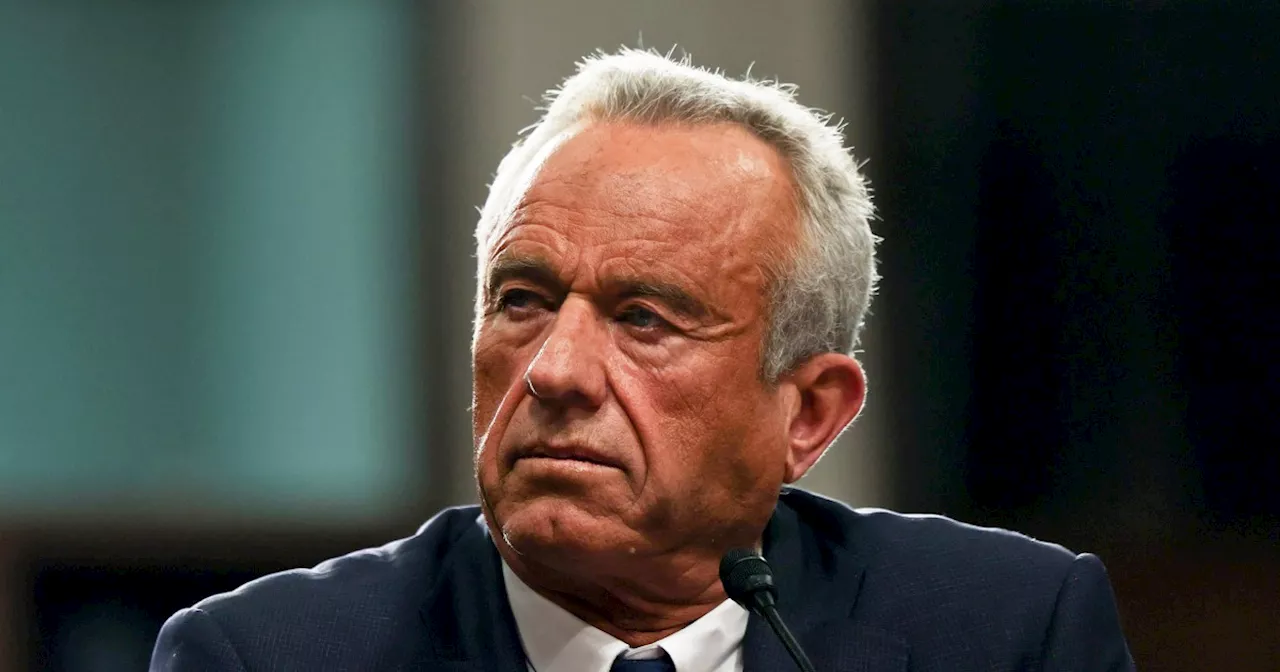Robert F. Kennedy Jr., nominated to head the U.S. Department of Health and Human Services, has a neurological condition called spasmodic dysphonia that affects his voice. This rare disorder causes uncontrolled spasms in the voice box muscles, resulting in a strained or strangled voice. Kennedy has spoken openly about his condition, noting that he receives Botox injections and underwent surgery to manage it.
As Robert F. Kennedy Jr. answered questions during the Senate confirmation hearing for his nomination to head the U.S. Department of Health and Human Services, many people have noticed his voice sounds quivering and gravely. Kennedy has a condition called spasmodic dysphonia, a neurological disorder that impacts the muscles in the voice box, also known as the larynx, according to the National Institute on Deafness and Other Communication Disorders .
Emerging research has found that other areas of the brain — such as the cerebral cortex, which also play a role in muscle control and processing sensory information — could also be involved in spasmodic dysphonia. While it's possible a gene mutation can contribute to spasmodic dysphonia, researchers have yet to discover a gene specifically related to it, the NIDCD notes.
SPASMODIC DYSPHONIA ROBERT F. KENNEDY JR. HHS VOICE DISORDER NEUROLOGICAL CONDITION
United States Latest News, United States Headlines
Similar News:You can also read news stories similar to this one that we have collected from other news sources.
 Robert F. Kennedy Jr.'s Voice Disorder Could Impact 2024 CampaignRobert F. Kennedy Jr.'s entry into the 2024 presidential race has brought renewed attention to his rare voice disorder, spasmodic dysphonia. This condition, affecting the larynx muscles, can cause voice breaks and strain, making speech difficult to understand at times. While Kennedy manages his condition with Botox treatments and speech therapy, the impact on his campaign is uncertain. Some analysts believe a candidate's voice is crucial for success, citing instances where vocal health swayed public opinion. Furthermore, Kennedy's candidacy relies heavily on the family name, with less emphasis on policy positions.
Robert F. Kennedy Jr.'s Voice Disorder Could Impact 2024 CampaignRobert F. Kennedy Jr.'s entry into the 2024 presidential race has brought renewed attention to his rare voice disorder, spasmodic dysphonia. This condition, affecting the larynx muscles, can cause voice breaks and strain, making speech difficult to understand at times. While Kennedy manages his condition with Botox treatments and speech therapy, the impact on his campaign is uncertain. Some analysts believe a candidate's voice is crucial for success, citing instances where vocal health swayed public opinion. Furthermore, Kennedy's candidacy relies heavily on the family name, with less emphasis on policy positions.
Read more »
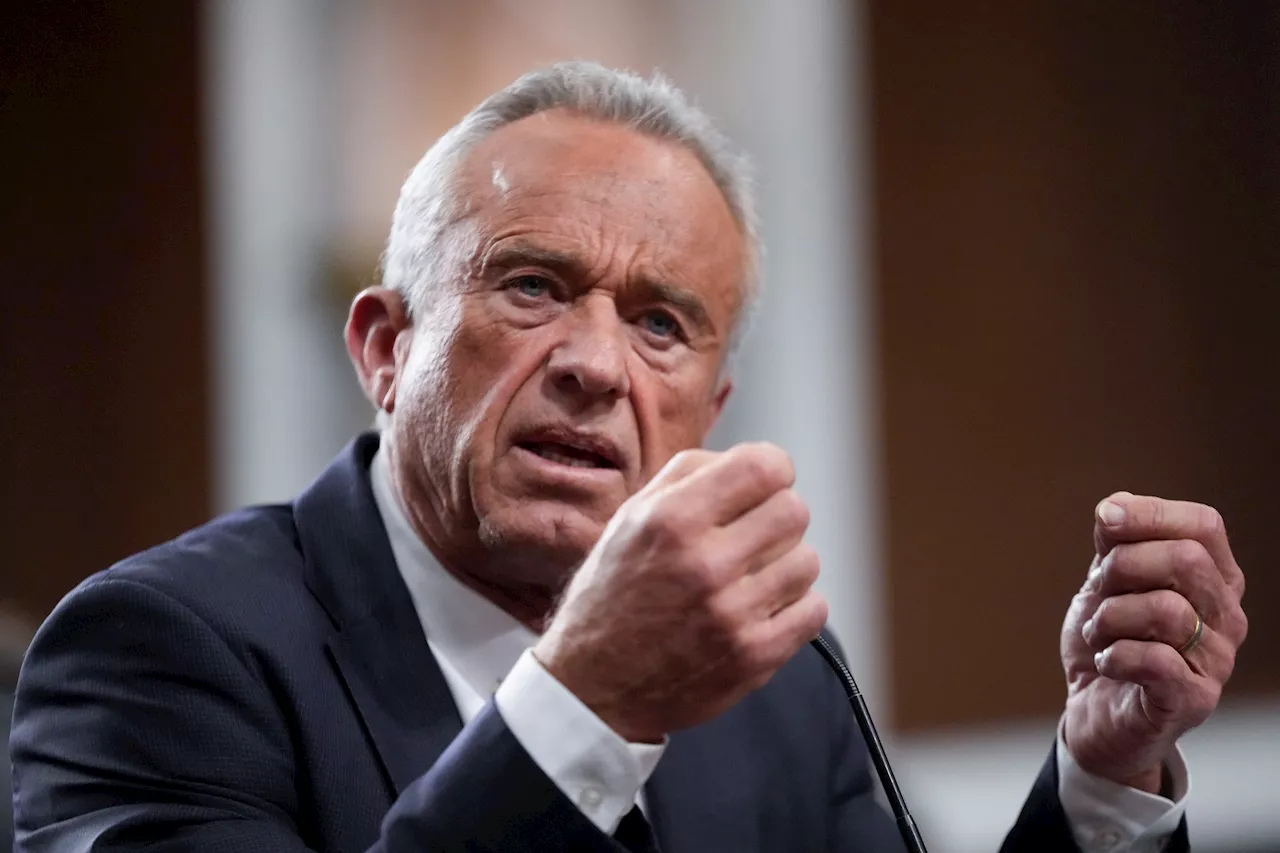 Robert F. Kennedy Jr.'s Voice Quakes During Senate HearingDuring his Senate confirmation hearing for U.S. Department of Health and Human Services, Robert F. Kennedy Jr.'s voice displayed noticeable trembling and raspy quality. This is attributed to spasmodic dysphonia, a neurological disorder affecting the voice box muscles.
Robert F. Kennedy Jr.'s Voice Quakes During Senate HearingDuring his Senate confirmation hearing for U.S. Department of Health and Human Services, Robert F. Kennedy Jr.'s voice displayed noticeable trembling and raspy quality. This is attributed to spasmodic dysphonia, a neurological disorder affecting the voice box muscles.
Read more »
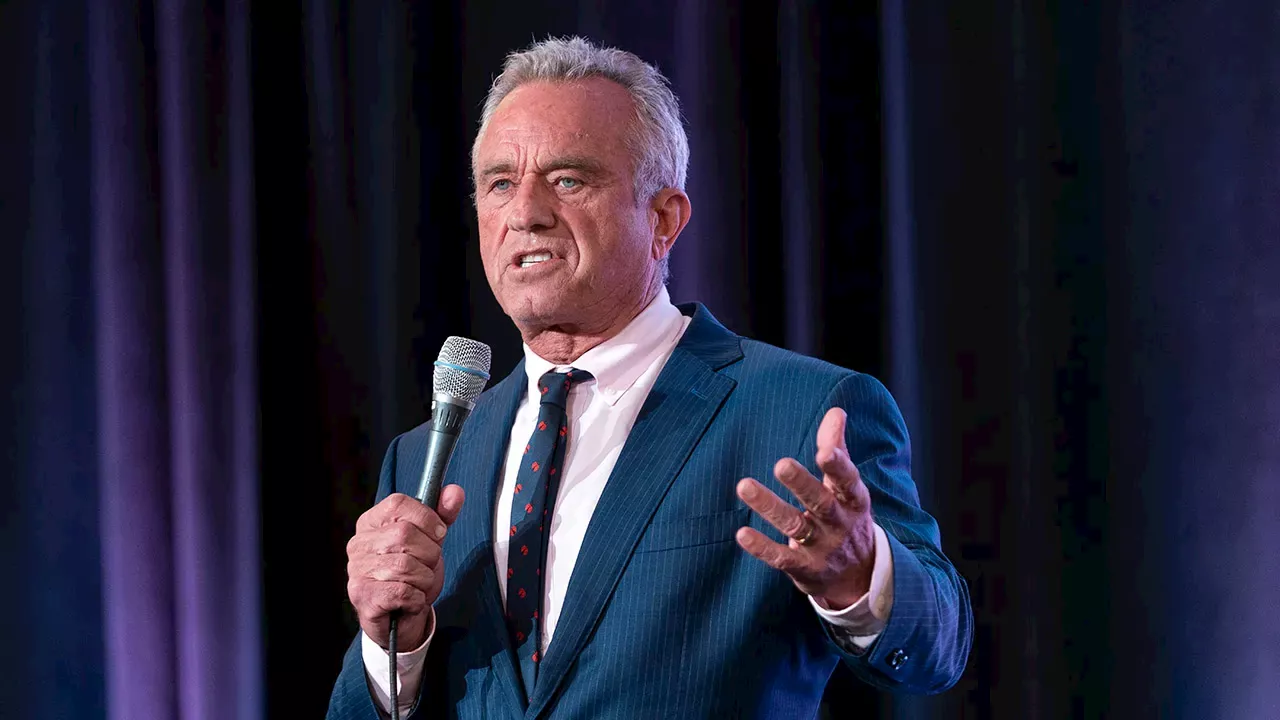 Robert F. Kennedy Jr.'s Raspy Voice Explained: A Look at Spasmodic DysphoniaDuring his HHS confirmation hearing, Robert F. Kennedy Jr.'s voice drew attention due to its strained sound. The prospective secretary has been open about his diagnosis of spasmodic dysphonia, a rare neurological speech disorder. This article delves into Kennedy's experiences with the condition, explains what spasmodic dysphonia is, and outlines available treatment options.
Robert F. Kennedy Jr.'s Raspy Voice Explained: A Look at Spasmodic DysphoniaDuring his HHS confirmation hearing, Robert F. Kennedy Jr.'s voice drew attention due to its strained sound. The prospective secretary has been open about his diagnosis of spasmodic dysphonia, a rare neurological speech disorder. This article delves into Kennedy's experiences with the condition, explains what spasmodic dysphonia is, and outlines available treatment options.
Read more »
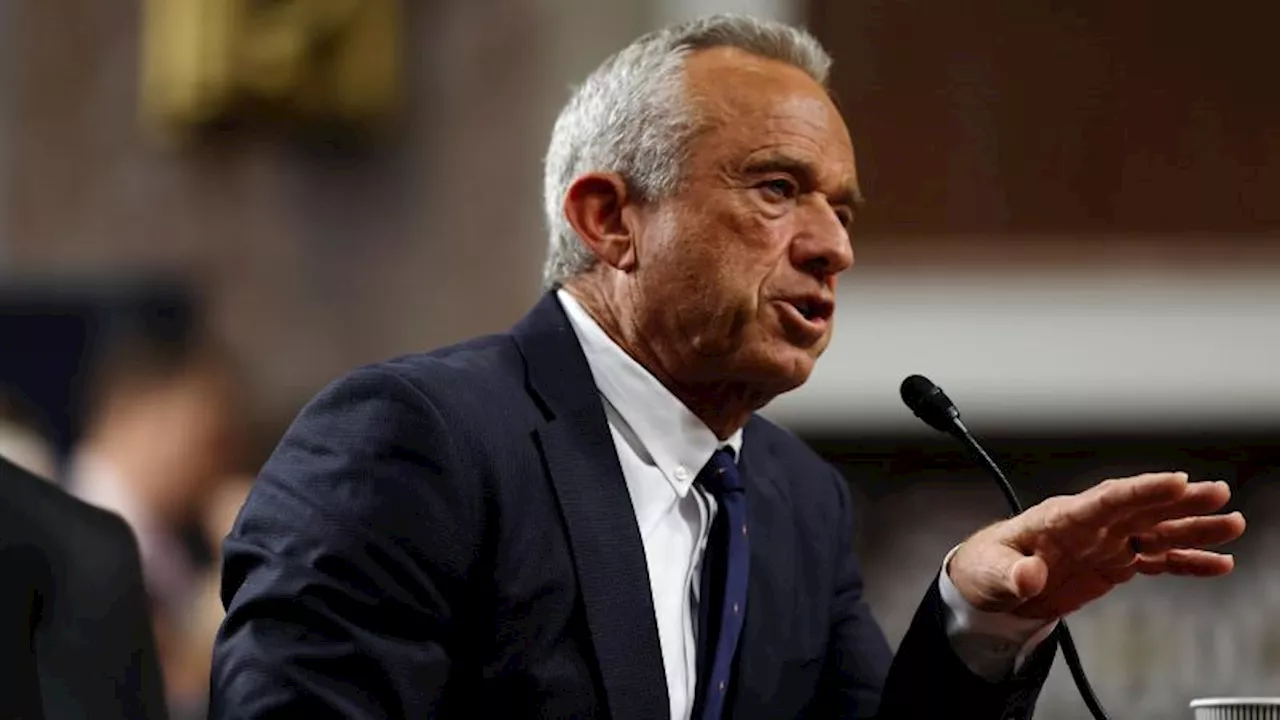 A rare brain disorder robbed Robert F. Kennedy Jr. of his strong speaking voiceRobert F. Kennedy Jr. has spasmodic dysphonia, a voice disorder caused by a malfunction in the brain. Here’s what to know.
A rare brain disorder robbed Robert F. Kennedy Jr. of his strong speaking voiceRobert F. Kennedy Jr. has spasmodic dysphonia, a voice disorder caused by a malfunction in the brain. Here’s what to know.
Read more »
 Lawmakers Grill Robert F. Kennedy Jr. Over Voice DisorderRobert F. Kennedy Jr.'s nomination to lead the US Department of Health and Human Services faced scrutiny during his confirmation hearing, with lawmakers questioning his vocal condition, spasmodic dysphonia. The disorder, which causes muscle spasms in the voice box, has affected Kennedy for decades and can make his speech sound strained. Kennedy has openly discussed his condition and its impact on his ability to communicate effectively.
Lawmakers Grill Robert F. Kennedy Jr. Over Voice DisorderRobert F. Kennedy Jr.'s nomination to lead the US Department of Health and Human Services faced scrutiny during his confirmation hearing, with lawmakers questioning his vocal condition, spasmodic dysphonia. The disorder, which causes muscle spasms in the voice box, has affected Kennedy for decades and can make his speech sound strained. Kennedy has openly discussed his condition and its impact on his ability to communicate effectively.
Read more »
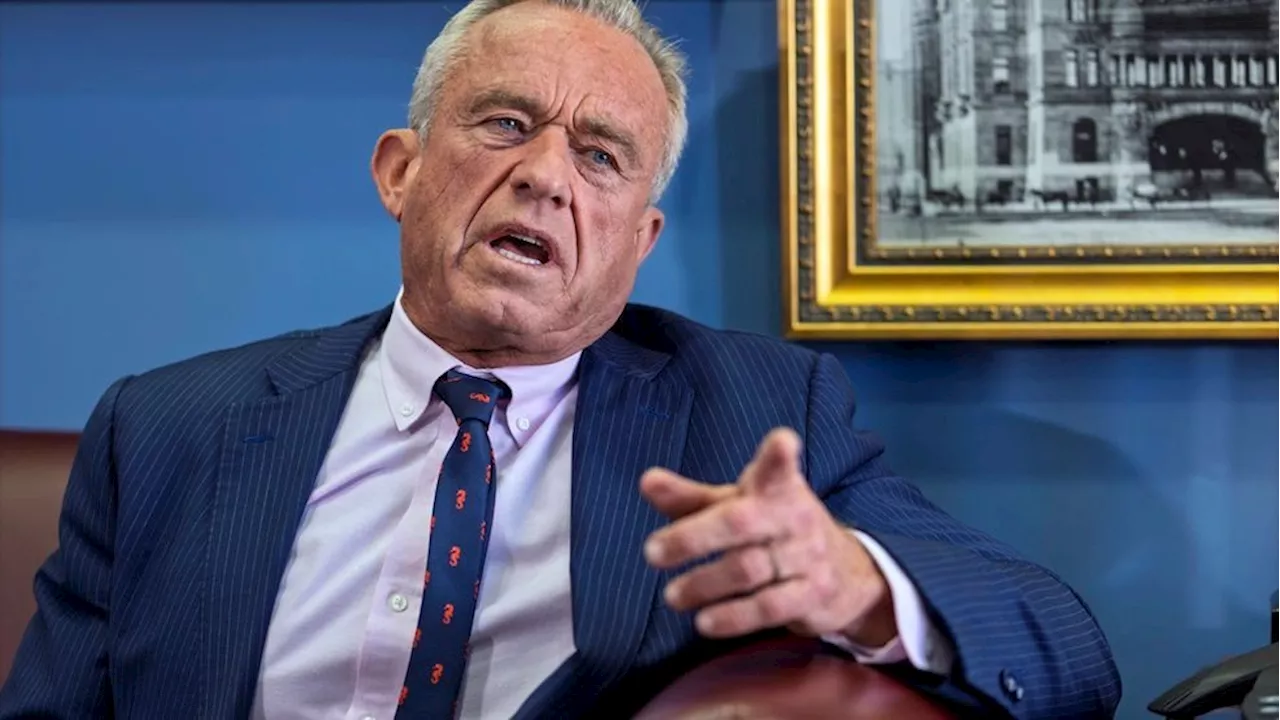 Caroline Kennedy Slams Robert F. Kennedy Jr.'s Nomination for HHSCaroline Kennedy has publicly denounced her cousin Robert F. Kennedy Jr.'s nomination for Secretary of Health and Human Services (HHS), alleging he is unfit for the role due to his past drug use and anti-vaccine stances. Robert Kennedy Jr. requires Republican support to be confirmed, a challenge given his controversial views on vaccines and reproductive health.
Caroline Kennedy Slams Robert F. Kennedy Jr.'s Nomination for HHSCaroline Kennedy has publicly denounced her cousin Robert F. Kennedy Jr.'s nomination for Secretary of Health and Human Services (HHS), alleging he is unfit for the role due to his past drug use and anti-vaccine stances. Robert Kennedy Jr. requires Republican support to be confirmed, a challenge given his controversial views on vaccines and reproductive health.
Read more »
